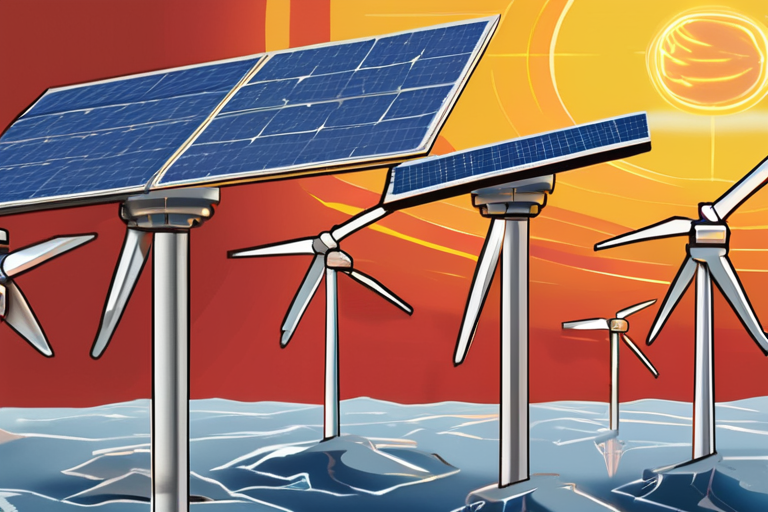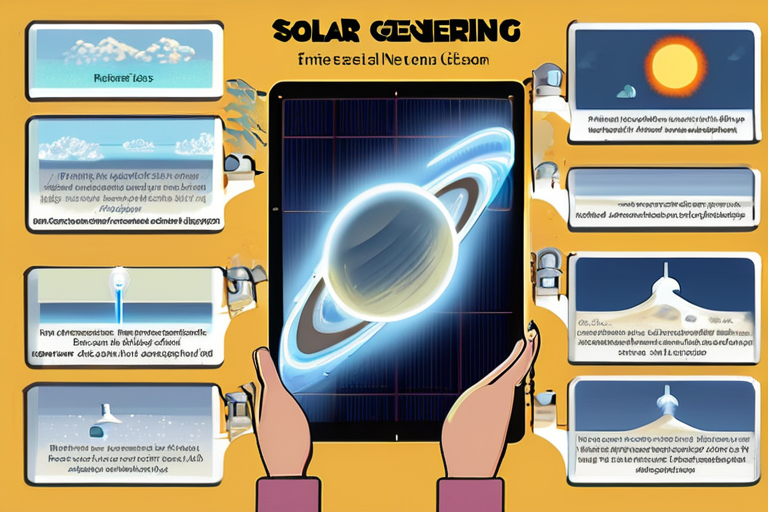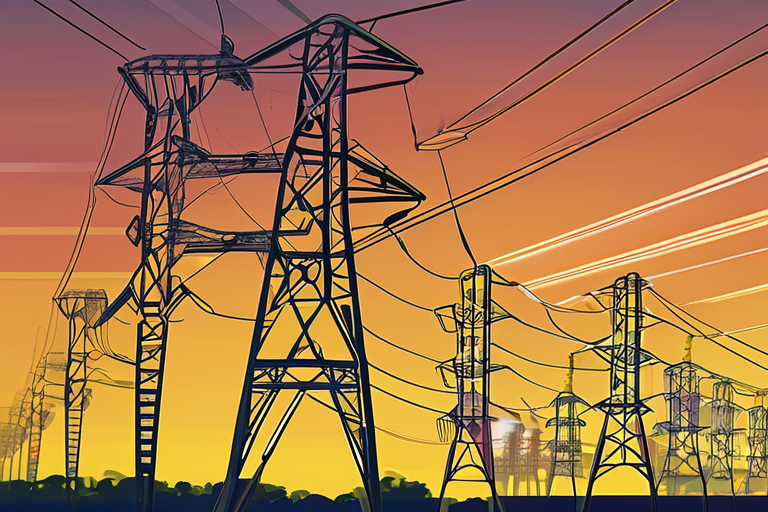The International Energy Agency (IEA) has released a report that suggests climate tech is entering a period of unprecedented growth, despite conventional wisdom suggesting a decline in investment and interest. The report highlights a significant shift in the world's expectations about the future, with the IEA's current worst-case scenario being essentially the same as its best-case scenario from a decade ago.
According to the report, the IEA's 2014 forecast assumed a linear increase in carbon emissions, with a lower slope than previous years. However, the current worst-case scenario is a drastic departure from this prediction, with the world now expected to reach 46 metric gigatons of CO2 per year by 2040, down from the predicted 38 metric gigatons if countries had cut emissions as they had pledged. This represents a significant reduction in emissions, and the IEA attributes this to the growing momentum behind climate tech.
The IEA's report highlights the growing importance of climate tech in the global economy, with the sector expected to drive significant growth and job creation in the coming years. The report notes that the cost of renewable energy has fallen dramatically in recent years, making it more competitive with fossil fuels. In 2014, the cost of solar energy was around $300 per megawatt-hour, while today it is around $30 per megawatt-hour. This decline in cost has made renewable energy a more attractive option for investors and consumers alike.
The IEA's report also highlights the growing impact of climate tech on the global economy. The sector is expected to drive significant growth and job creation, with the IEA predicting that the global renewable energy market will reach $1.7 trillion by 2025. This represents a significant increase from the $1.1 trillion market in 2020, and highlights the growing importance of climate tech in the global economy.
The IEA's report has significant implications for companies operating in the climate tech sector. The report highlights the growing demand for renewable energy and energy storage solutions, and notes that companies that are able to capitalize on this trend are likely to see significant growth and returns on investment. Companies such as Vestas, Siemens Gamesa, and Tesla are well-positioned to take advantage of this trend, with their products and services driving significant growth in the renewable energy market.
Looking ahead, the IEA's report suggests that climate tech is poised for significant growth and expansion in the coming years. The report notes that the sector is expected to drive significant growth and job creation, and highlights the growing importance of climate tech in the global economy. As the world continues to transition towards a low-carbon economy, companies that are able to capitalize on this trend are likely to see significant returns on investment.
In conclusion, the IEA's report highlights the growing importance of climate tech in the global economy, and suggests that the sector is poised for significant growth and expansion in the coming years. The report notes that the cost of renewable energy has fallen dramatically in recent years, making it more competitive with fossil fuels, and highlights the growing demand for renewable energy and energy storage solutions. Companies that are able to capitalize on this trend are likely to see significant growth and returns on investment, making climate tech an attractive option for investors and consumers alike.


























Share & Engage Share
Share this article